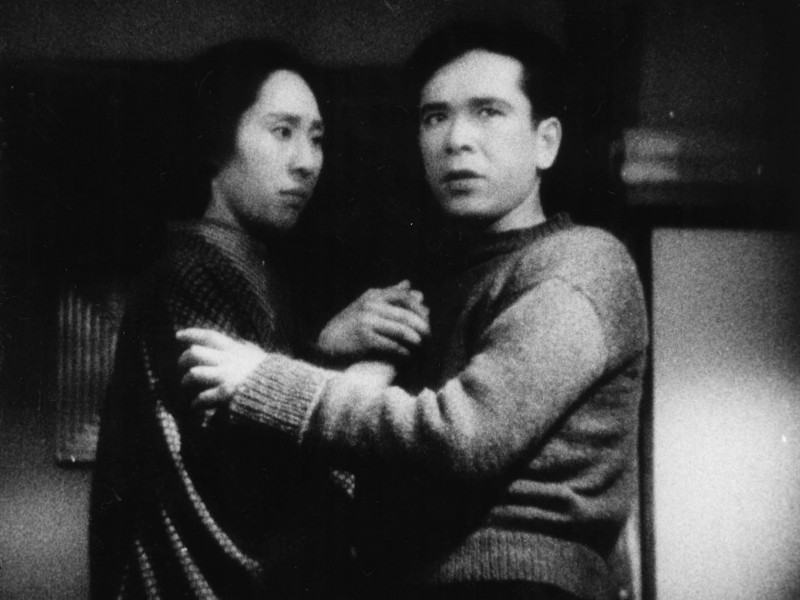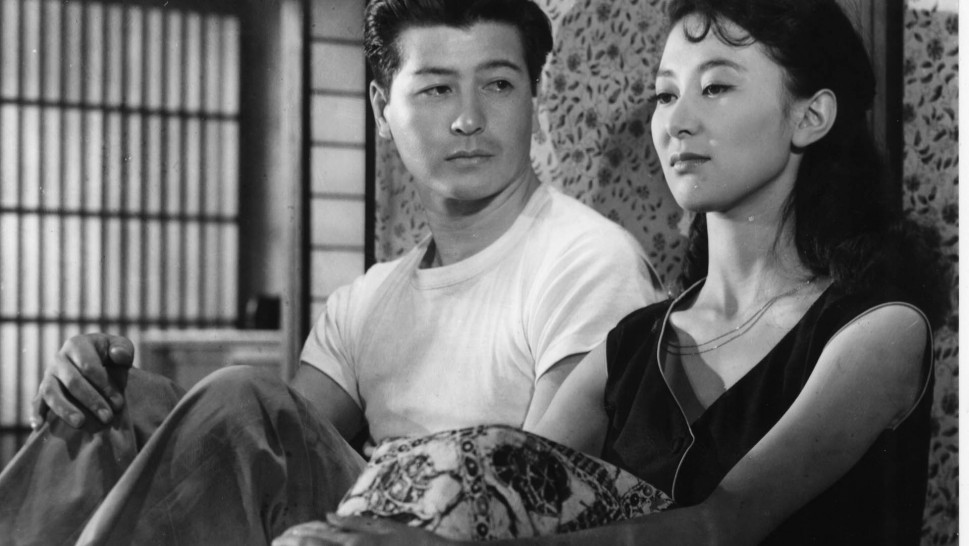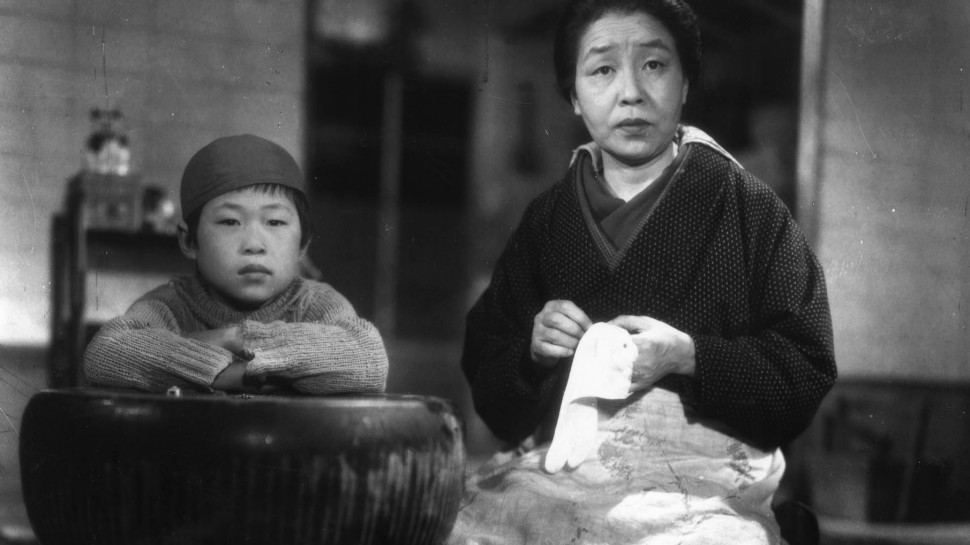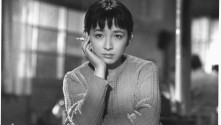




Yasujiro Ozu.
A Centennial Celebration
As part of an international celebration to mark the centennial of the birth of the Japanese master Yasujiro Ozu (1903–1963), Harvard Film Archive, in association with the Reischauer Institute of Japanese Studies at Harvard and the Japan Society of Boston, presents a major retrospective of the director’s work from his four-decade career. Featuring newly struck 35mm prints of most of the films, the retrospective includes beloved masterpieces such as Tokyo Story and Late Spring, many rarely seen silent works, and a live benshi performance by Midori Sawato, demonstrating how a silent Ozu movie would have been presented to Japanese audiences in the 1920s or early 1930s.
Often considered the “most Japanese” of all Japanese directors, Ozu was proclaimed “one of the greatest artists of the twentieth century in any medium and in any country” by the British Film Institute. The director’s reputation as a “transcendental” minimalist rests largely on his later films, but, in fact, his entire oeuvre is much richer and more complex. It includes crime films, proto–film noirs, melodramas, social realism, and popular comedies—many of which are seen here for the first time. Least well known to western audiences are the early films from the twenties and thirties: with their flapper heroines and bumbling young heroes, they reveal Ozu’s love for Hollywood films of the silent era. Collectively, the films form a Balzacian human comedy, full of the tragedies of ordinary life rendered, by turns, with exquisite formal precision and emotional nuance. Less a story teller than a lyrical portraitist, Ozu calibrates the distance between tradition and modernity, between parents and their children, between and youth and age, and—ultimately—between cinema and life.








































